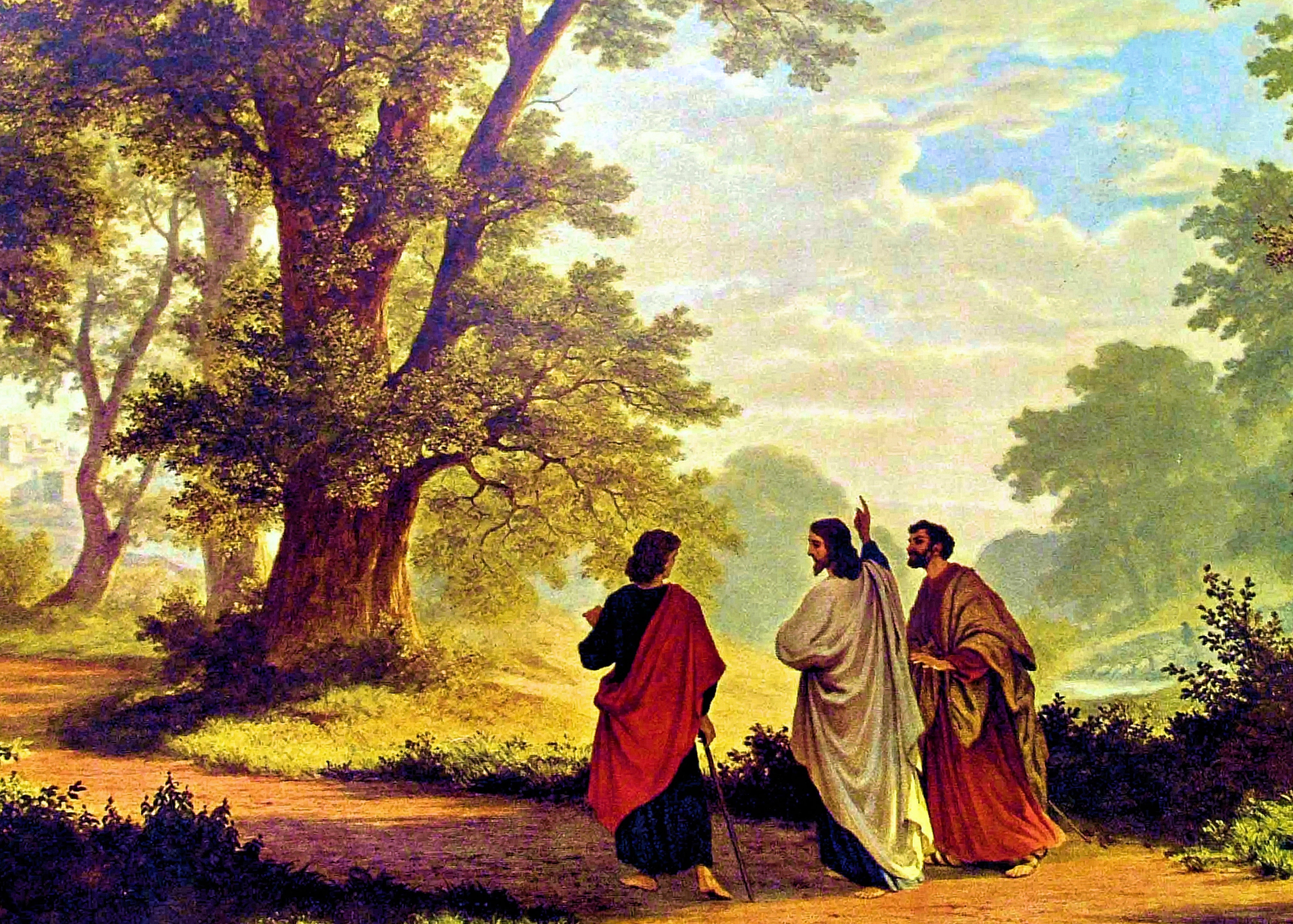This Sunday, as we conclude the eight-day solemnity of Easter and continue into the liturgical season of Easter, we celebrate the gift of divine mercy. It’s easy to forget sometimes that mercy is not something to which we have a right. Our Lord didn’t have to forgive Thomas for his lack of faith in today’s Gospel, just as Adam and Eve didn’t have to receive mercy after the Fall, a Fall that condemned all their posterity (all of us) to separation from God forever. We didn’t commit the original sin, nor did the Lord have to forgive it or redeem all of us from its effects. In appearing to the Apostles today Our Lord’s message is one of peace and reconciliation, not condemnation.
Our Lord in today’s Gospel also empowers his Apostles to be instruments of his mercy. In the First Reading we see the power of healing flowing from Peter and the faith of the people who sought him out; Peter over this last week’s readings has been the first to tell us that the power comes from Jesus, not from him, and when a priest or bishop absolves his penitent from his sins, that mercy and power comes from Jesus too. Instead of remaining in doubt and regret about whether we’ve truly been forgiven Our Lord has given sacraments that in faith we know bring us his forgiveness. Baptism, which we remember in a special way over these last eight days as we celebrated those who were baptized in the Easter Vigil a little over a week ago, also wipes away sins.
Let’s thank Our Lord today for the gift of his mercy, and also strive to remain in the same peace that he wishes to share with us, not only between us and him, but among ourselves in a world wounded by sin.
Readings: Acts 5:12–16; Psalm 118:2–4, 13–15, 22–24; Revelation 1:9–11a, 12–13, 17–19; John 20:19–31. See also 2nd Sunday of Easter, St. Thomas the Apostle, and Pentecost Sunday.


